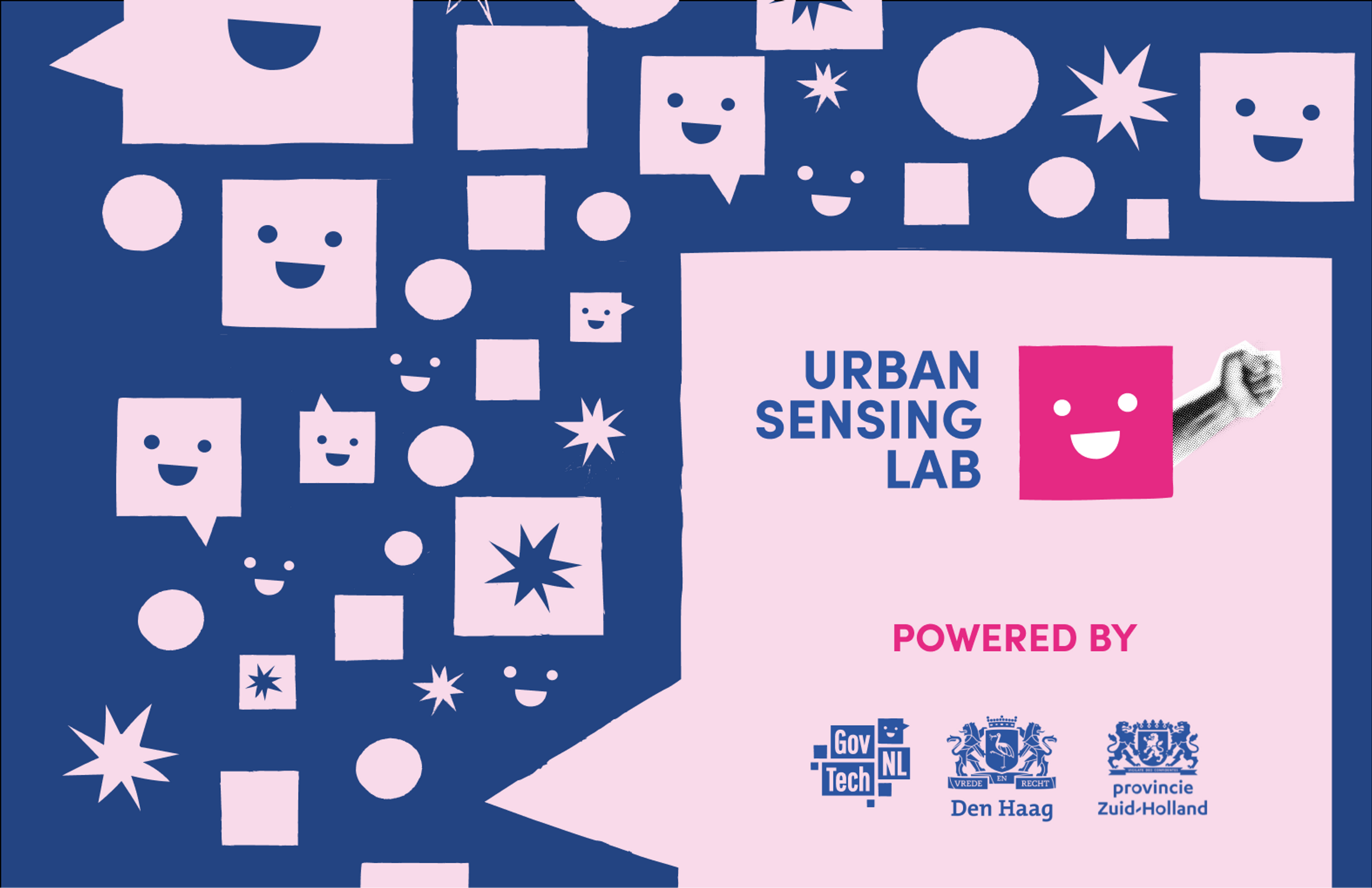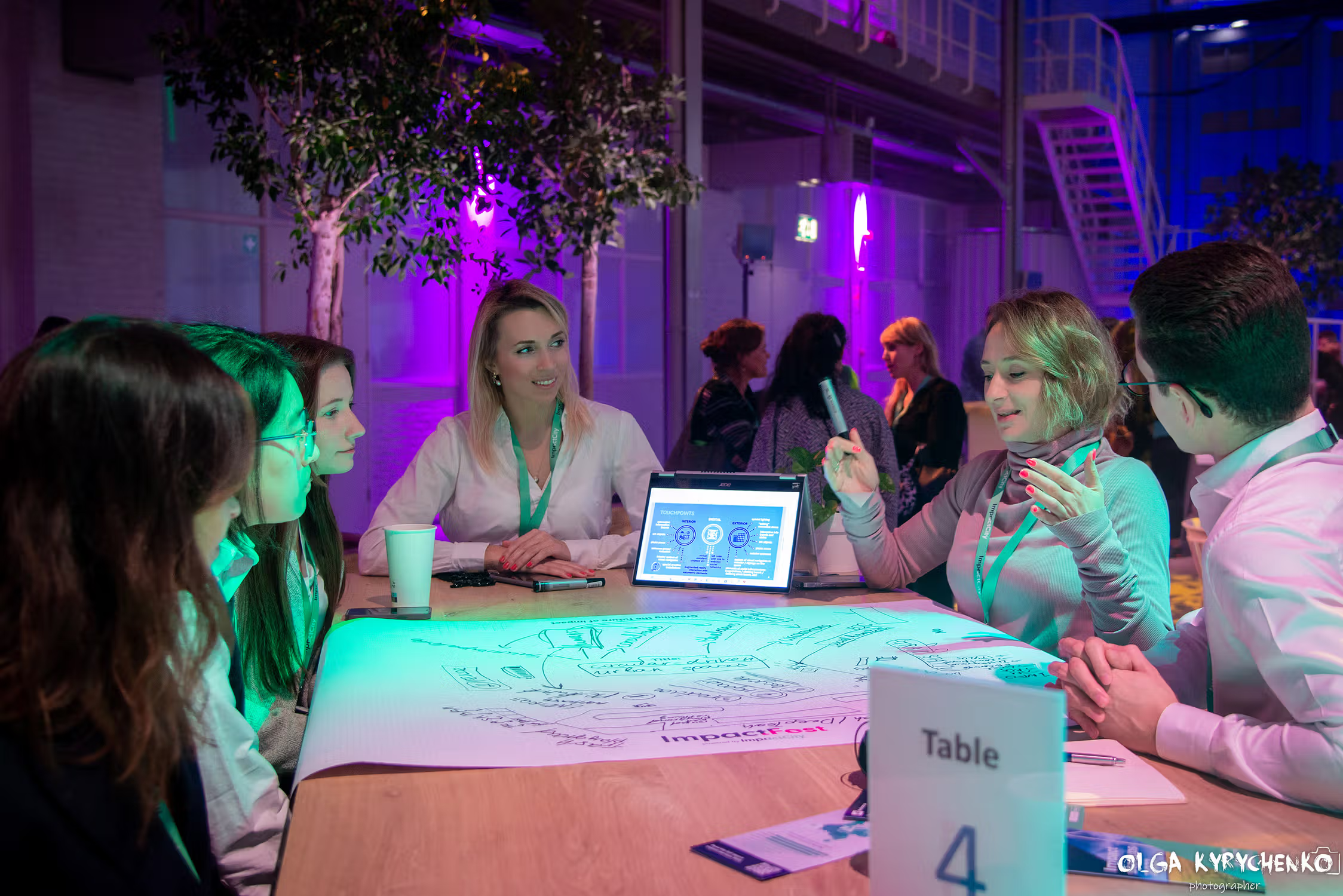
February 23, 2023
Give Your Spaces a Voice
#innovation hubs
#space
#phygital


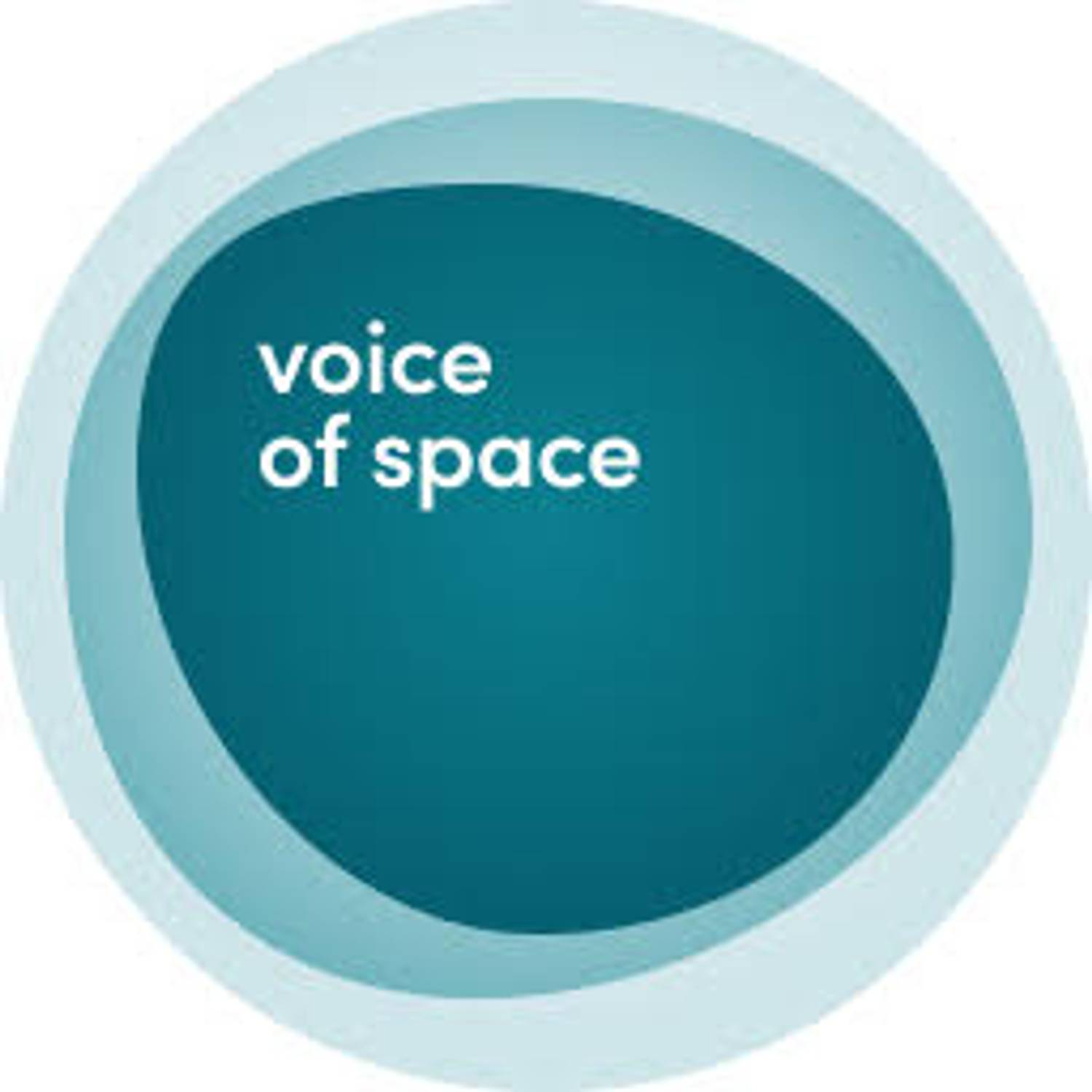
Olga Royenko
Founder of Voice of Space
Share
How do you tell a story about the mission, vision, and accomplishments of an innovation hub within its physical space? Olga Royenko and Alissa Bankovska from Voice of Space searched for answers to these complex topics during WorldStartup's meetup at ImpactFest 2022. You can now read their report based on the outcome of the session.
Research shows that the average urban citizen spends 80% of their time indoors, whether it's for living, working, or leisure. Studies also show that spaces have the power to influence how people feel, think, and act. Spaces can communicate with humans either subconsciously and unguided or purposefully and knowing exactly what messages they want to deliver and what type of behaviour they favour.
Innovation hubs often claim their mission is to build a strong community of innovators and next-generation entrepreneurs. However, it can be challenging to bring people together and build a connected community. While community managers are often tasked with this job, effective community building relies on three well-known pillars: shared space, shared values, and shared interests.
The COVID-19 pandemic has challenged the power of shared space in community building, offering online as a substitute for physical connection. However, many communities reported that "online connectivity" gives a false feeling of normalcy. Physical spaces are not just a place where people meet; they are powerful tools for interaction between like-minded humans that should nurture their curiosity to create meaningful connections.
Spaces can be the greatest storytellers of the mission, values, and accomplishments of the innovation hub. They can intrigue, inspire, and call to action. In Voice of Space, we define "phygital" (both physical and digital) touchpoints of interaction between space and humans. Here are a few examples:
1. Interactive information boards: Rather than just displaying a static list of names and logos of the companies-residents, consider adding a QR code that leads to an augmented reality experience. This could be a short video presentation on behalf of the CEO/founder of the company, covering collaboration opportunities.
2. Art as social glue: Consider searching for community similarities beyond professional achievements. You can transform your hall or just one wall into an exhibition space and let your residents participate in a photography contest or fine art exhibition devoted to tech.
3. Merch shop: why not have your own community merch shop on the territory of the innovation hub? Just like the innovation park Unit.City in Kyiv has. Together with the Royenko Agency – the residents of the park – they created branded merchandise for the tech & startup community and opened a pop-up store (open-source photos available on the link).
4. Mentorship: Sharing is caring. One of the most powerful tools for making people connected is to ignite them to share their expertise as an act of intellectual contribution to the community's development. Consider installing a dedicated quiet zone for mentorship meetings, and make sure the space has a QR code on a chatbot that helps residents find relevant mentors and schedule meetings.
5. Alley of glory: Consider creating an alley of glory that showcases the accomplishments of your residents. Awards, fundraising, successful product launches – this is how you make companies and the people behind them recognized and connected.
Other examples of touchpoints of interaction between space and humans are included in the diagram below. Take a moment to think about what story your space tells your residents through these touchpoints.
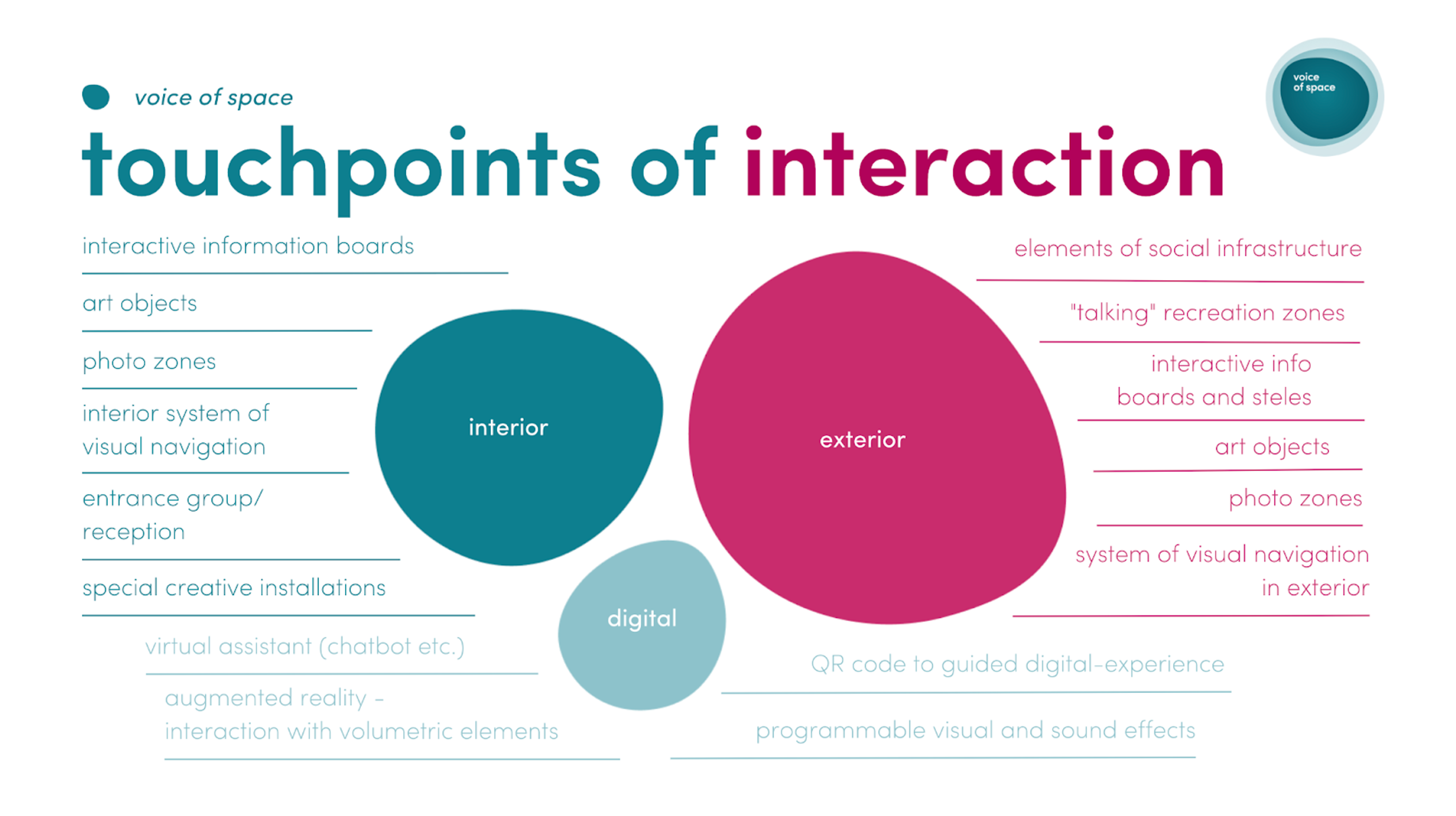
Innovation hubs have a unique opportunity to leverage the power of physical spaces as a tool for communication and community building. By adopting a holistic approach to spatial development, innovation hubs can create environments that inspire and connect their residents. From interactive information boards to purposeful recreation zones, innovation hubs can use various "phygital" touchpoints to tell the story of their mission, values, and accomplishments. By doing so, they can transform physical spaces into storytellers and create spaces that not only attract talent but also foster innovation. Ultimately, innovation hubs that embrace spatial development as a means of community strengthening and connectivity stand to gain the most from the synergies created by their residents.

Olga Royenko, Co-Founder of Voice of Space, resident of Unit.City – first innovation park in Kyiv, Ukraine
Serial entrepreneur in creative industries (strategic communications and spatial development), female empowerment programmes contributor, and startup mentor. Olga is the Founder and CEO of Royenko Marketing Agency (Kyiv, 2016) and Co-Founder and Producer of Voice of Space Project (Kyiv, 2022). See her detailed CV here.
Cover photo credits: Olga Kyrychenko
Written By
Voice of Space

Share
More stories
Meet SPAIA: Protecting the tiny creatures that keep nature in balance
#basecamp
#biodiversity
#sustainability

A Story of Growth and Innovation: Rendair's Journey to Simplifying 3D Design
#basecamp
#architecture
#innovation
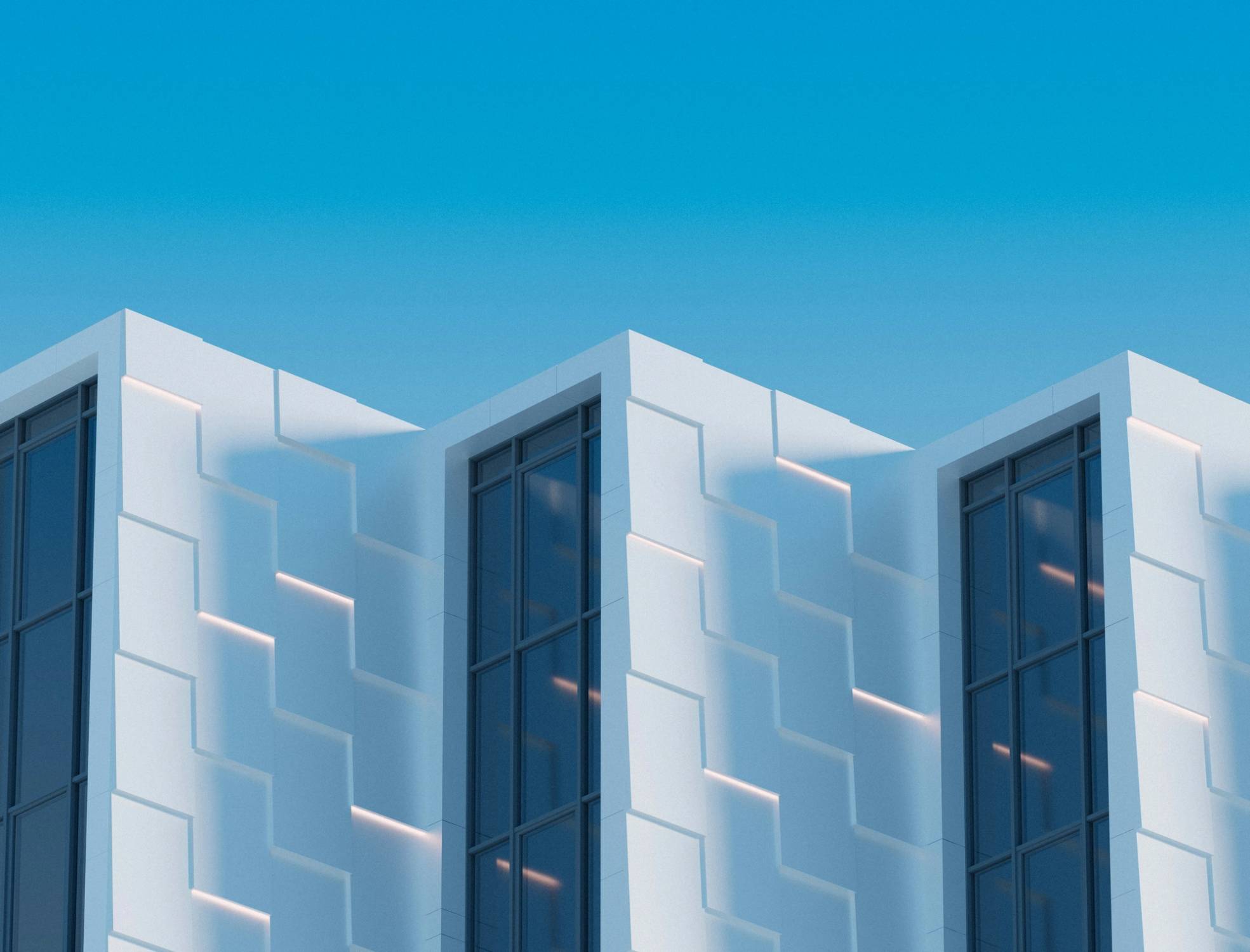
Business out of balance and how to restore it
#womeninventures
#post-growth
#masculine values
#feminine values

Green Habit: Revolutionising Sustainable Living with AI
#basecamp
#AI
#sustainability


